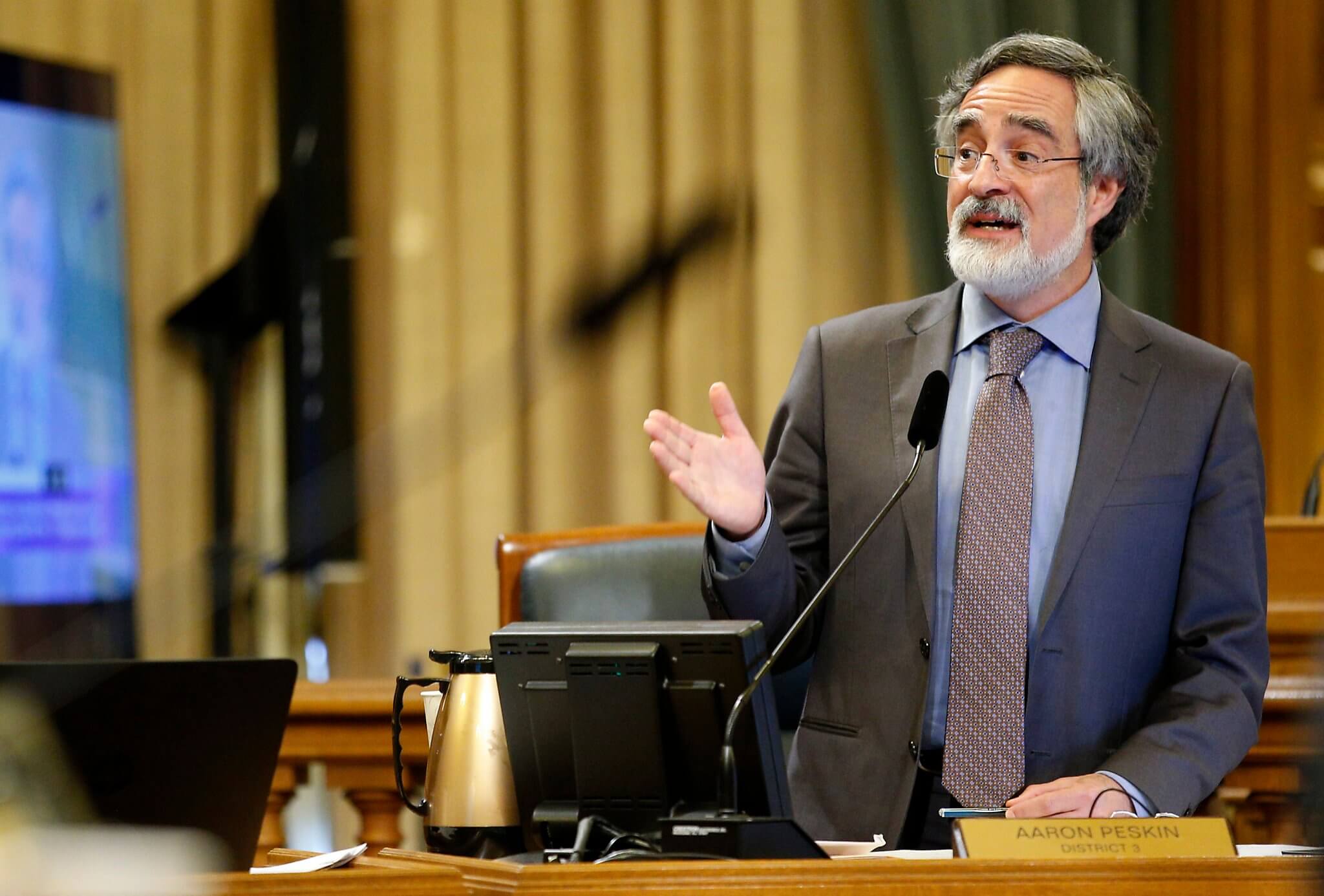
Legislative & regulatory update for the rental housing industry
April 12, 2018
With a brisk number of legislative and regulatory changes that impact the rental housing industry and still more proposals being floated, we deign to update our valued clients, colleagues, and industry partners on the lay of the land.
Transit Zoning Bill
On the state level, the most sweeping and controversial bill aimed to ease California’s housing crisis is Senate Bill 827, sponsored by Sen. Scott Wiener (D-San Francisco.) Known as the Transit Zoning Bill, the legislation would make it easier for developers to build apartments and condos near transit stations, but in the wake of mounting criticisms, Wiener has made several modifications, most notably reducing height allowances for buildings near train and subway stations from eight stories to five.
The bill will face its first test under the dome of the Capitol on April 17, when it is slated to be heard by the Senate’s transportation and housing committee. Concerns about its consequence on neighborhood character and displacement are sure to be entered into the debate. San Francisco is home to some vocal critics of the bill, with Supervisor Aaron Peskin pledging to sue the state to overturn the bill should it be approved.

More State Bills to Spur Housing
Although the Transit Zoning Bill has been the most monumental proposal that has been incubated, there are several others that are rolling out. Assembly Bill 3030 would waive environmental-review requirements for certain affordable housing projects in some of California’s poorest communities.
In a bill that has moderate-income families in mind, Assembly Bill 3152 deigns to help the “missing middle” find housing that’s both within their price range and within reasonable driving distances of work. If passed, nonprofit developers would qualify for a property tax exemption when they build rental housing in high-cost areas exclusively for people earning between 80 percent and 120 percent of the area’s median income.
While a hodgepodge of bills attempts to offer a variety of carrots and sticks to spur housing development, Assembly Bill 1759 comes in the form of a cudgel by tying road-maintenance dollars to housing production – cities and counties would have to meet their production goals or have state funds withheld.
Outdated CEQA Revisited by Lawmakers
The California Environmental Quality Act is increasingly under assault, as the 1970s-era law imposes strict requirements on real estate projects to limit their environmental impact. With developers claiming that the CEQA is used frivolously to delay projects and escalate construction costs, Senate Bills 1340 and 1341 attempt to remove environmental hurdles.

On The Local Level
In many respects, local government plays a more intimate role in the day-to-day operations of rental housing providers, and one locale we have been following closely is Oakland, a city that has trudged ever closer to the rigid rent stabilization policies of San Francisco.
On the heels of recently-minted tenant relocation payment requirements, Oakland has passed the Tenant Move Out Agreement Ordinance, a sweeping law that creates disclosure and reporting stipulations that must be issued before a landlord can even broach the topic of a buyout. It also imposes hefty penalties for landlords who decide to start an informal buyout conversation without regard to the choreographed procedural requirements of the ordinance.
Read our article on the ordinance here...
Redwood City has taken a more tempered stance on rent control. After two years of careful study, the City Council adopted the Minimum Lease Terms and Relocation Assistance ordinances that take a balanced approach to housing policies.
While San Francisco is home to the largest bastion of tenant protections anywhere, it stands alone among major rent-controlled jurisdictions in the Bay Area in permitting rental property owners to pass portions of their rising property tax bills and mortgage loan expenses to tenants.
New legislation has been introduced to change that. In a city that is extremely expensive to operate a rental business, we think that if the proposal comes to fruition, San Francisco landlords would have fewer incentives to maintain their buildings and continue making investments if the ordinance is passed.
Parting Thoughts
The preceding list of items on our radar is not exhaustive, and there are sure to be more changes coming down the pike for owners, property managers and other real estate professionals. To stay in the know, subscribe to our email list.

